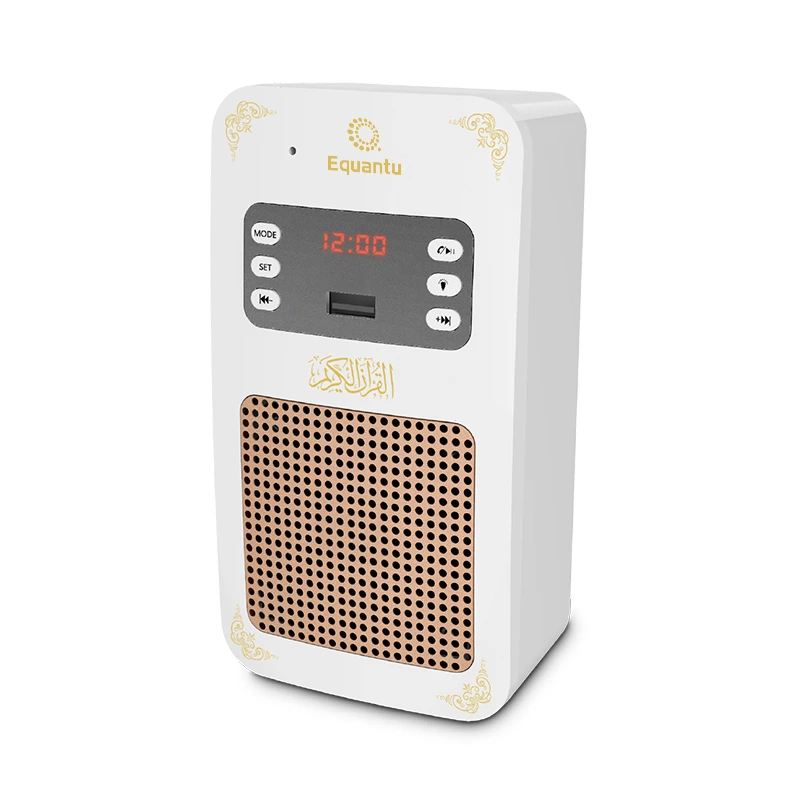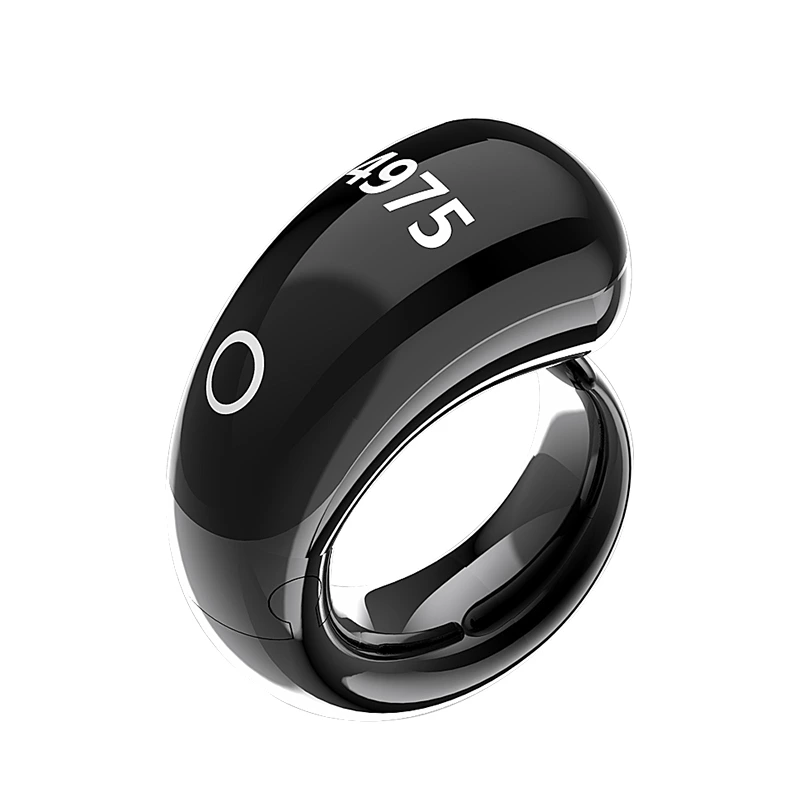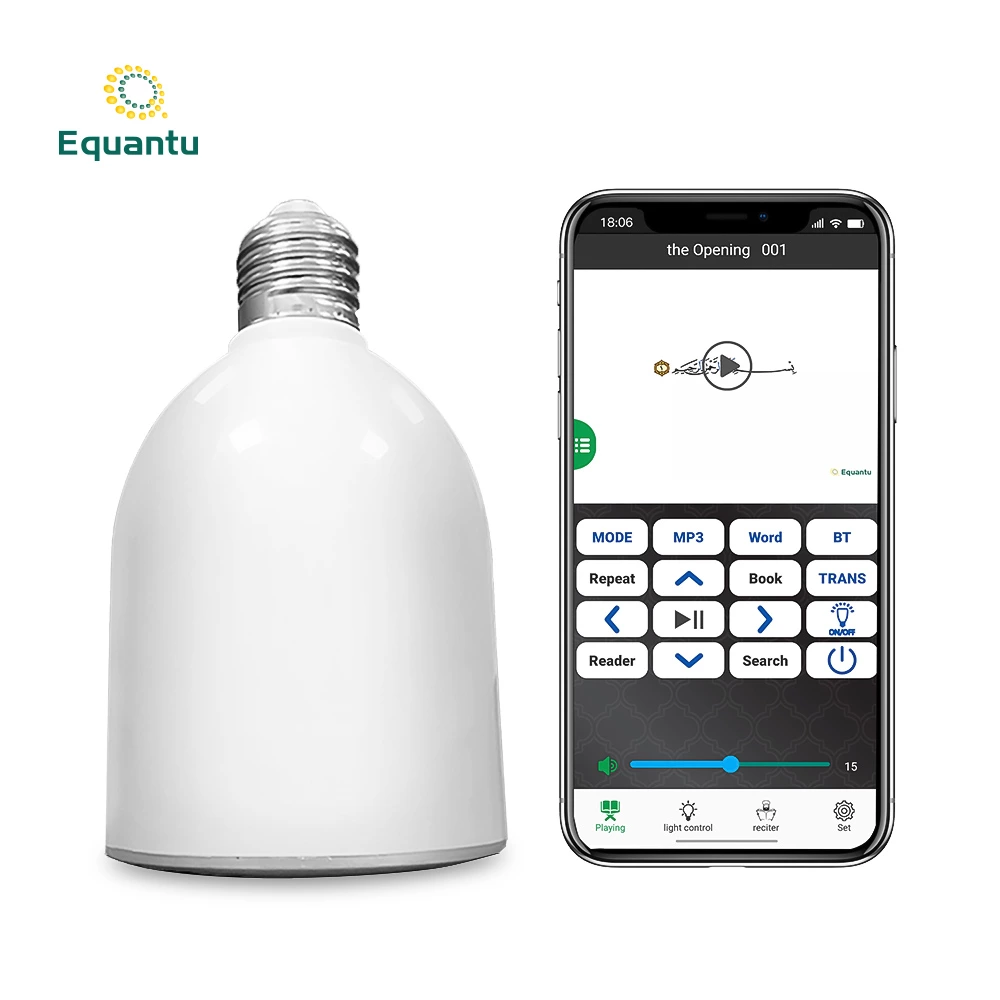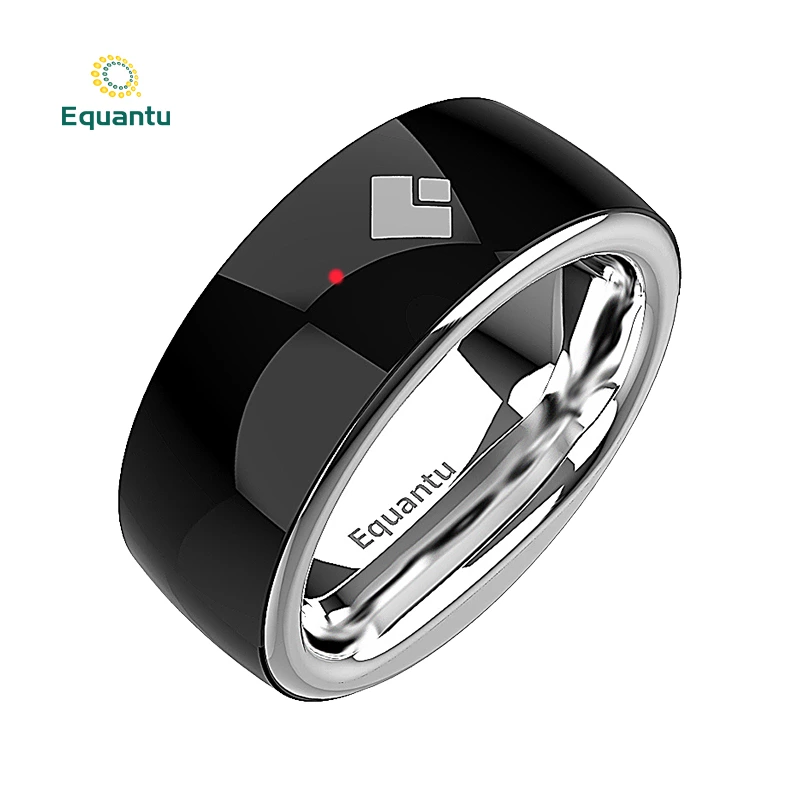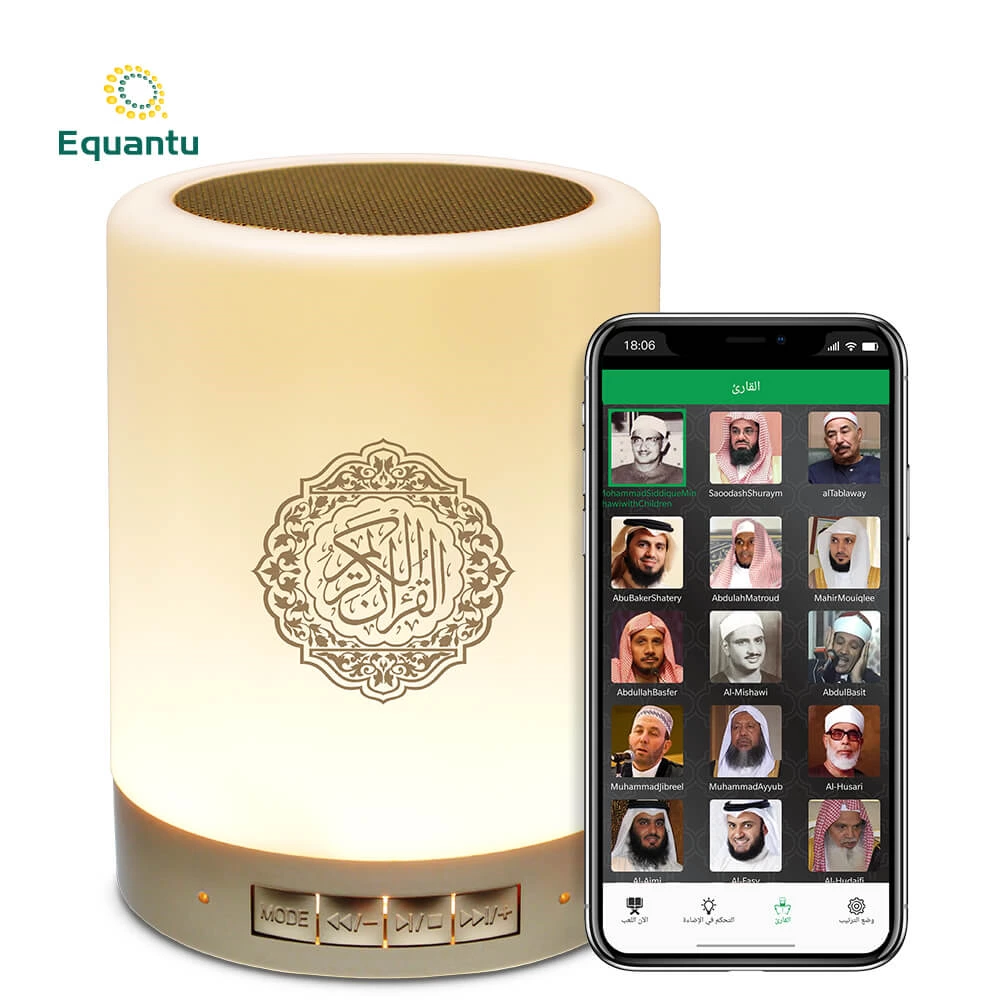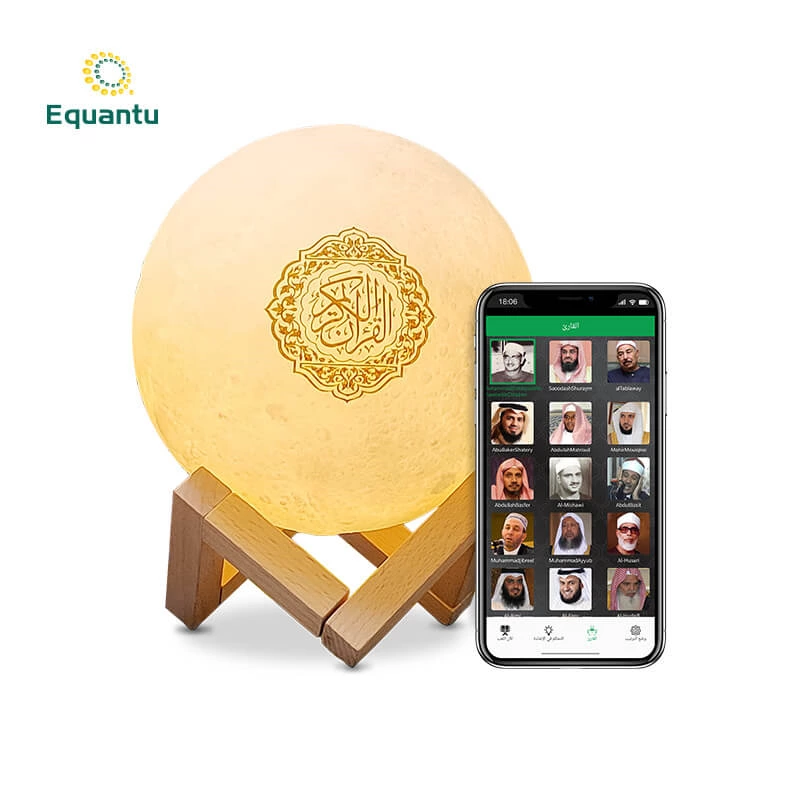The Origins of Tasbih
The use of prayer beads in Islam can be traced back to the early centuries of the faith. While the Quran does not explicitly mention the use of beads for Dhikr, the tradition is believed to have been influenced by pre-Islamic practices and later integrated into Islamic worship. The Prophet Muhammad (peace be upon him) encouraged the remembrance of Allah frequently, and Tasbih became a practical means to facilitate this.
Symbolism and Spiritual Significance
Tasbih beads symbolize the continuous nature of Dhikr and the infinite nature of Allah. Each bead represents a step in the spiritual journey, helping Muslims maintain focus and intention in their prayers. The act of moving through the beads serves as a physical manifestation of inner devotion and mindfulness.
Evolution Through the Ages
Over the centuries, Tasbih has evolved in design and usage, reflecting the cultural and artistic influences of different Muslim communities. From simple strings of beads to intricately designed Zikr rings, the Tasbih has adapted to meet the spiritual and aesthetic needs of believers.
Integration with Modern Islamic Practices
In contemporary times, Tasbih remains a vital part of Muslim worship. Many modern Muslims complement their prayer beads with Quran speakers and Zikr rings, enhancing their spiritual experience. Quran speakers provide audible recitations of the Holy Quran, while Zikr rings offer a stylish and convenient way to engage in Dhikr on the go.
Conclusion
The history and significance of Muslim prayer beads underscore their enduring role in Islamic spirituality. Whether traditional Tasbih or modern Zikr rings, these tools continue to aid Muslims in their quest for spiritual growth and connection with Allah.

